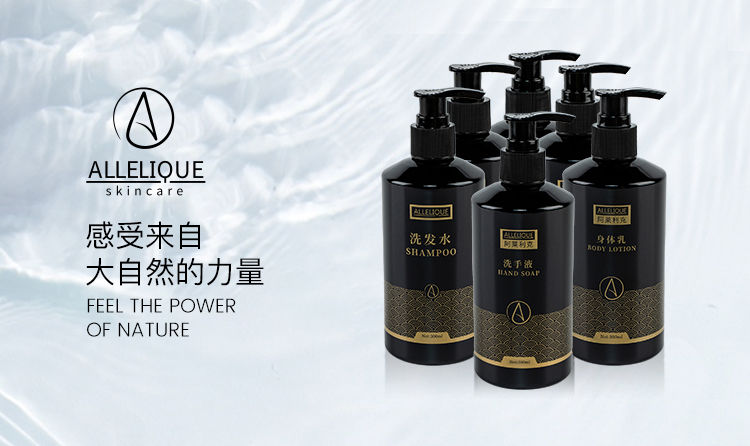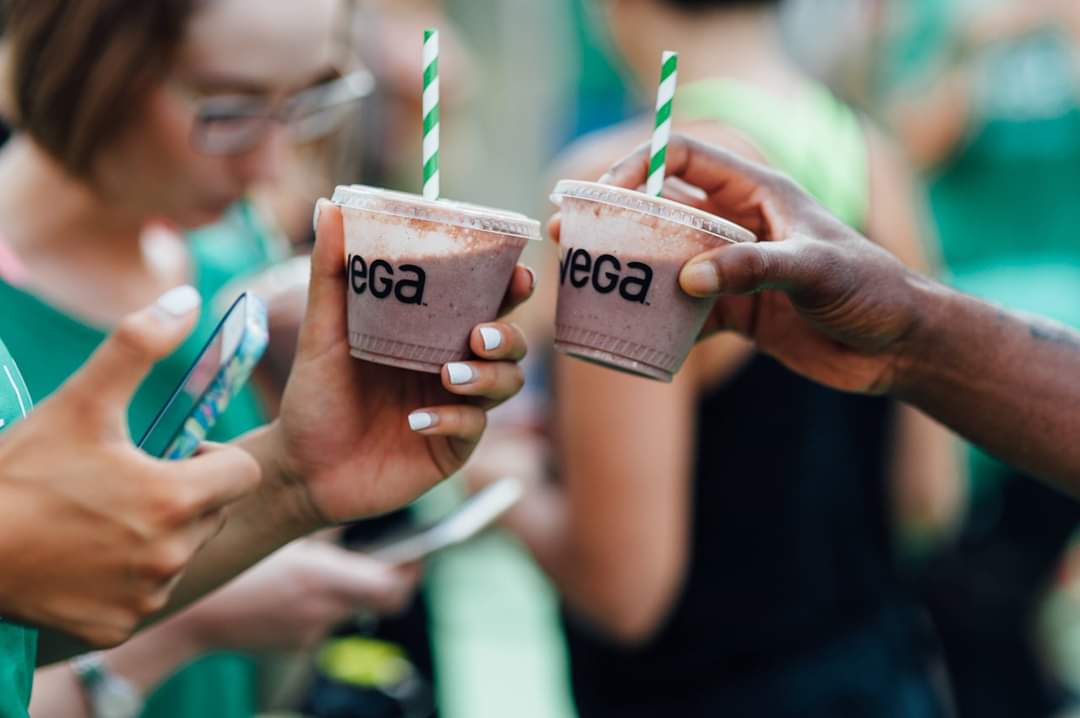Most months when I’m writing about Chinese medicine, I usually lean towards discussions about acupuncture. I feel I have been neglecting herbal medicine, and this simply isn’t fair. It’s time to even the score.
Chinese herbal medicine is just as old as acupuncture, and both use the same underlying theories of health and illness. The difference is that acupuncture is a regulating treatment that gets your body to heal itself, whereas herbs directly cause healing changes inside your body. I use acupuncture for pain and other problems that come from stagnation; when someone has to be nourished and built up from the inside, I give them herbs.
To clarify, when I use the word ‘herb’ I mean any naturally occurring substance that has medicinal use. Most Chinese herbs are plant based, some are from animals and a few are minerals – and there are thousands.
In Chinese medicine, each herb is categorized by temperature, flavor and which of the 12 energy pathways or organs it affects. Temperature includes cold, cool, neutral, warm and hot, with gypsum being one of the coldest herbs and aconite being one of the hottest. The five flavors include sweet, bitter, sour, salty and acrid. Each flavor has a distinct therapeutic effect. Sweet herbs, for example, have a nourishing, harmonizing and moistening effect while bitter herbs are drying, purgative and have a downward-moving nature.
To prepare them, they have to be soaked and then boiled in water for about 30 minutes, before straining out the remaining liquid for drinking. This is done twice to produce two doses a day.
I often wonder about the pioneering herbalists who, over the past 2,000 years, experimented to discover the characteristics and effects of each plant. Even in modern times, the experimentation continues. In the 1970s, Chinese scientist Tu Youyou put herself forward to be the first human test subject for an extract of wormwood that she hoped could be used to create a drug to treat malaria.
Sure, she had tested it on animals first, and sure, she got the idea from Chinese medical texts that date back to the fourth century AD, but nonetheless she took a risk. It turned out to be safe and effective. Just this month she won the 2015 Nobel Prize in Physiology or Medicine for her work.
Tu Youyou was using Western medical methods to break a single herb down to its chemical components, but in Chinese medicine herbs are given as a formula that combines multiple items with complementary effects. This allows the doctor to treat complex problems while minimizing side effects. Herbs are given in their raw form – think twigs, roots and leaves. To prepare them, they have to be soaked and then boiled in water for about 30 minutes, before straining out the remaining liquid for drinking. This is done twice to produce two doses a day.
Not very convenient is it? Never fear! Your local pharmacy will do the boiling and straining for you and then vacuum seal the herbal liquid into single doses for you to take. You just have to drink them. They don’t taste great but they work – so think of Tu Youyou and suck it up.
> Jon Hanlon is a Chinese medical practitioner, raised in the US, trained in Australia, now healing the sick in Guangzhou. You can contact him for a booking on 185 0202 5594 or jon@guangzhouacupuncture.com






















0 User Comments